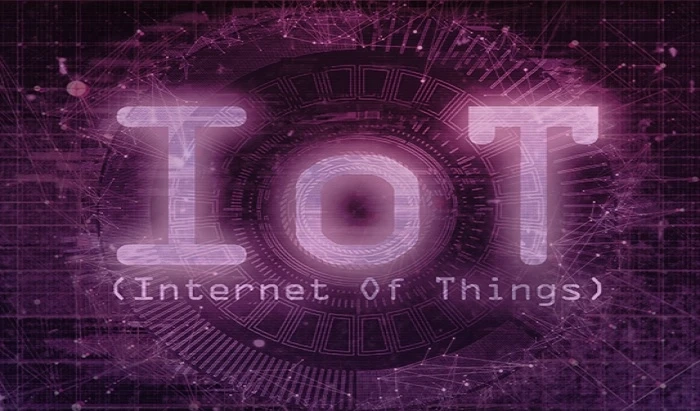The Internet of things(IoT) is set to revolutionize how we interact with the digital technologies around us. With the burgeoning growth of networked devices, it is possible to extract large volumes of data to analyze customer requirements and offer personalized services. Given that the insurance sector is a highly customer-centric establishment, IoT is only set to make waves in the years to come. Needless to say, there is a growing demand for IoT solutions for insurance companies. Let’s take a look at the role of IoT in insurance, and how it is bringing about radical changes.
Enhanced Customer Service
With the data captured through sensors and wearable devices, IoT lends insights into the customer lifestyle and preferences. Equipped with this knowledge, insurance agencies can curate personalized insurance plans and appropriate premiums based on customer behavior. For instance, in the case of health insurance, a customer who pays their premiums on time and is in the peak of their health could be granted incentives against someone who has a history of chronic illnesses. The same could apply to automobile insurance as well.
Faster Incident Reporting
By integrating IoT in insurance, insurers can gain access to real-time data, which makes them highly responsive. Incidents like FNOL can be automatically reported through sensors which could set the claim settlement wheels in motion. Naturally, this low latency approach could improve profitability while also boosting customer retention.
Mitigate Risks and Prevent Losses
While IoT can enhance existing insurance models, it can also cause divergence into newer and more future-proof models. Networked devices that capture real-time data could allow insurance agencies to predict potential losses and alert the customers of the same. Even though these projections are preventive in nature, they can attribute a proactive role to your agency.
Reduced Cost Overheads
Networked networks, through IoT, offer scope for automation and data-driven actions. By increasing efficiency through automation, insurance agencies can cut down their expenses incurred to pay off the workforce and while also making custom recommendations. By leveraging IoT in insurance, insurers can make significant cuts on the sales and marketing costs by transitioning to direct sales channels that enjoy higher conversion rates.
Benefits for Clients
IoT solutions for insurance companies not only help insurers but also offer several benefits for clients. For instance, it helps customers avail of requirement-based discounts and rewards. Clients can also enjoy simplified contact processes without having to undergo lengthy checks.
Wrapping it up
Even though there are several benefits of adopting IoT in the insurance sector, it does not come without challenges. To adopt IoT-based solutions, insurance agencies will have to tweak their traditional business models and practices. However, the advantages of implementing IoT in insurance far outweigh the challenges. In the same vein, the internet of things technology is constantly evolving and soon all businesses will be forced to either adapt or be left behind. To help bring out this evolution, more and more ventures are offering IoT solutions for insurance companies. IoT technology, while also standing the test of time, can help insurance companies stand out and offer more value to their customers.



